The third round for applications closes on Wednesday 12 May.
Bournemouth University has a small amount of funding available to facilitate and enhance research and development collaboration with external partners.
The purpose of the funding is to:
- Enhance external collaborative engagements with industry partners to further the development of innovative projects
- Increase the amount of available funds for research undertaken collaboratively with external partners to patent innovations, enhance technology readiness levels and/or commercialisation
- Encourage future funding bids (such as from Innovate UK) with external partners
There is flexibility in the way that the fund can be used, provided that a strong case can be made, and the assessment criteria are met. Funding could be used in various ways, for example for consumables, staff, and for travel/events/meetings, where restrictions allow.
All funding will need to be spent by 31 July 2021.
Eligibility/What we can fund
The HEIF Small Fund is open to all researchers across Bournemouth University, including those who are already working with industry partners and those who would like to build up new networks. In particular, the panel would welcome the following types of applications:
- Projects of up to £5,000 which will either facilitate new relationships with external partners or build on existing research collaborations with external partners, support initial prototyping, project/product feasibility and/or market research.
- Subject to the lifting of current restrictions, small travel grants of up to £500 to help facilitate relationship development with organisations. This could be travelling to potential partner sites or networking/funding briefing events Please note, the HEIF Funding Panel will not fund applications relating to conferences.
Due to the nature of this fund, we particularly welcome applications;
- from Early Career Researchers (ECRs)
- that incorporate social sciences and humanities
- that demonstrate research interdisciplinarity
In line with BU2025, we will positively encourage applications from under-represented groups.
Application process
To apply, please read the guidance and complete the application form
Applications must be submitted to heif@bournemouth.ac.uk
Applications will be reviewed by the HEIF Funding Panel (see Panel Information below), with recommendations submitted to the Research Performance and Management Committee (RPMC) monthly. Once a decision has been made, this will be communicated to applicants. We aim to confirm the outcomes within two to three weeks of the closing date for that month.
The closing dates for each monthly assessment are as follows:
- Wednesday 12 May
- Wednesday 16 June
BU’s Funding Panels and Research Principles
The following funding panels operate to prioritise applications for funding and make recommendations to the Research Performance and Management Committee (RPMC).
There are eight funding panels:
- HEIF Funding Panel
- GCRF Funding Panel
- Research Impact Funding Panel
- Doctoral Studentship Funding Panel
- ACORN Funding Panel
- Research Fellowships Funding Panel
- Charity Impact Funding Panel
- SIA Funding panel
These panels align with the BU2025 focus on research, including BU’s Research Principles
The following BU2025 Principles are most relevant to the HEIF Panel:
- Principle 1 – which recognises the need to develop teams
- Principle 5 – which sets of the context for such funding panels
If you have any questions please email heif@bournemouth.ac.uk
 The RDS Funding Development Briefings occur weekly, on a Wednesday at 12 noon.
The RDS Funding Development Briefings occur weekly, on a Wednesday at 12 noon.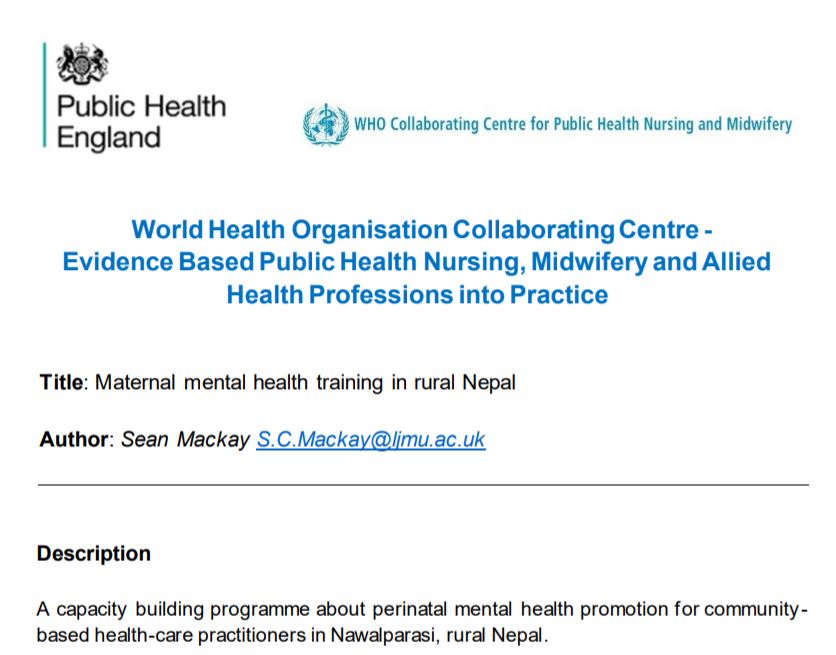

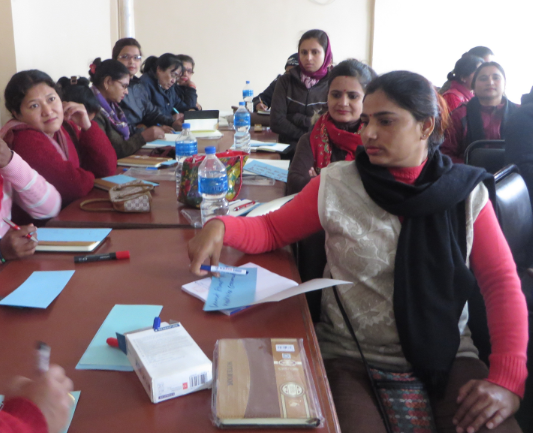

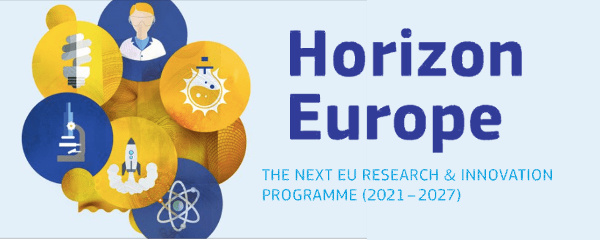 The RDS Funding Development Briefings occur weekly, on a Wednesday at 12 noon.
The RDS Funding Development Briefings occur weekly, on a Wednesday at 12 noon.


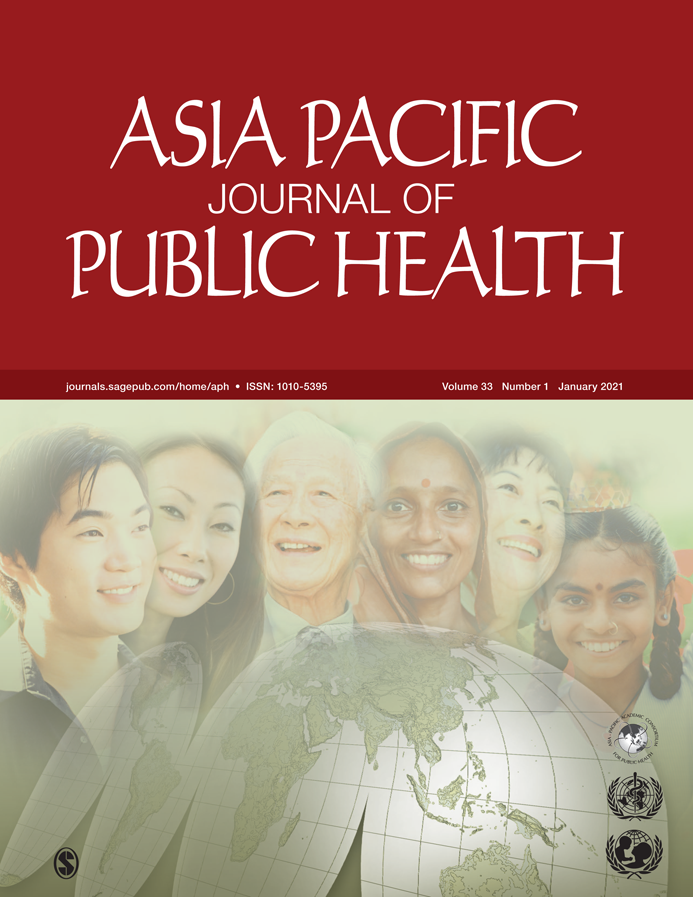
 Thursday 22 April at 4pm
Thursday 22 April at 4pm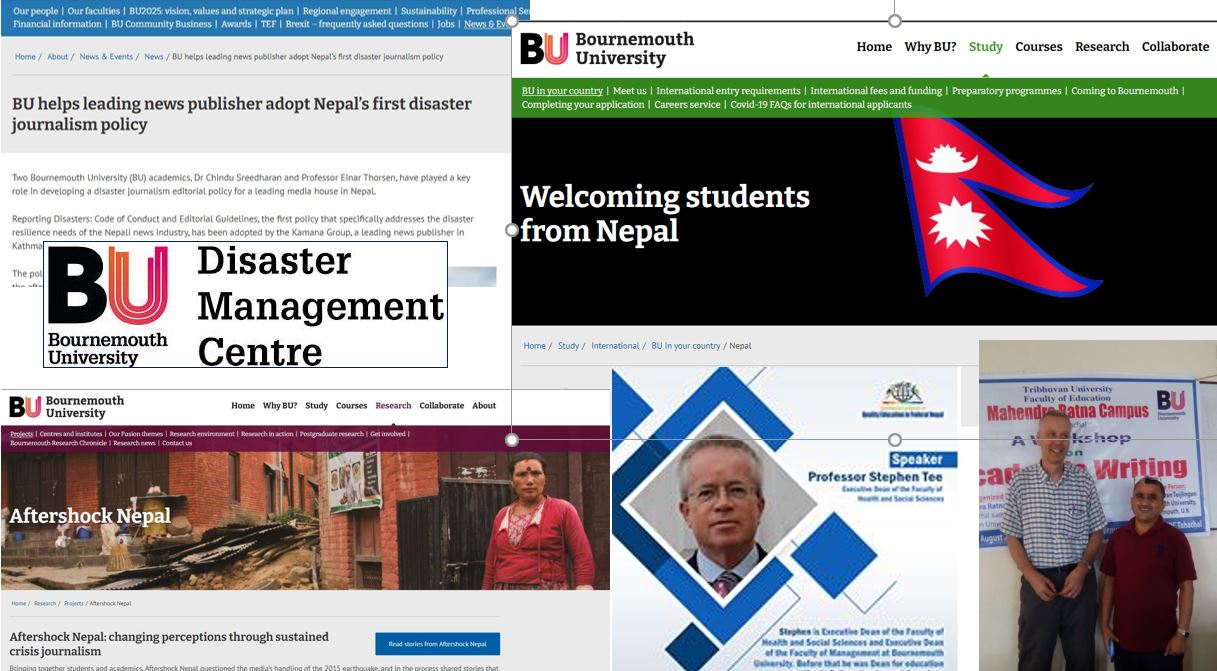

 The RDS Funding Development Briefings occur weekly, on a Wednesday at 12 noon.
The RDS Funding Development Briefings occur weekly, on a Wednesday at 12 noon. Wednesday April 21st 16:00 – 17:00
Wednesday April 21st 16:00 – 17:00  Tuesday 13th April – Thursday 15th April 2021
Tuesday 13th April – Thursday 15th April 2021










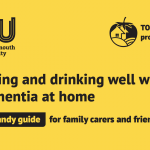 Book now – The supporting eating and drinking well with dementia at home event
Book now – The supporting eating and drinking well with dementia at home event BU ECRN seed fund success for Dr Sarah Hambidge
BU ECRN seed fund success for Dr Sarah Hambidge BRIAN drop-in surgery – Lansdowne
BRIAN drop-in surgery – Lansdowne Postgraduate Research Summer Social – 1 week to go!
Postgraduate Research Summer Social – 1 week to go! MSCA Postdoctoral Fellowships 2025 Call
MSCA Postdoctoral Fellowships 2025 Call ERC Advanced Grant 2025 Webinar
ERC Advanced Grant 2025 Webinar Horizon Europe Work Programme 2025 Published
Horizon Europe Work Programme 2025 Published Horizon Europe 2025 Work Programme pre-Published
Horizon Europe 2025 Work Programme pre-Published Update on UKRO services
Update on UKRO services European research project exploring use of ‘virtual twins’ to better manage metabolic associated fatty liver disease
European research project exploring use of ‘virtual twins’ to better manage metabolic associated fatty liver disease